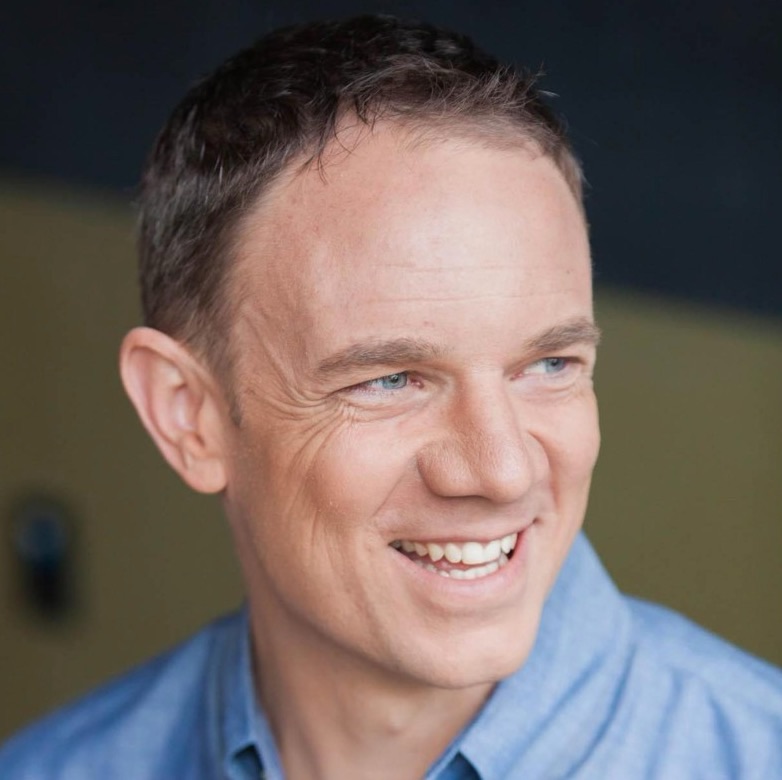My word of the year for 2017 seems to be energy — some days I have, some days I have not. With clear results depending on the day and my energy level.
The following thought comes to my mind each day as I face the first decision of the morning: get out of bed and exercise, meditate, and read — or sleep in and feel more rested?

Use energy to get energy. George Leonard in Mastery
In the past my decision hinged on whether I thought one choice or the other would lead to a better Lance-at-work or Lance-at-home. Of course the right answer is both (chuckle).
Here’s the full quote.
The long road of always learning trumps a quick-fix mentality. To avoid burnout use energy to get energy, maintain physical fitness, tell the truth, set priorities, and stay on the daily path. Find joy in goalless practice itself. The plateau isn’t something to avoid; in fact, it’s one of the most important parts of the journey, and where you’ll be the happiest.
Like skipping meals, missing key rituals I’ve set up to start each day — habits that provide me with energy — means that I don’t perform at my highest level. High as measured by my presence and output at work. Not to mention the negative effect on my relationships and mood and self-esteem resulting from a lack of energy.
I’ve deepened my understanding of what this “energy” means. Leonard’s Mastery taught me about giving energy to get energy. How to Think About Exercise by Damon Young reminded me that fitness can bring much more than just bodily pride: it leads to intellectual and spiritual results: “We shouldn’t exercise only for health.”
This year another thoughtful deep-dive on energy came my way in The Making of a Corporate Athlete (2001) via Matt and Cate.
Extensive research in sports science has confirmed that the capacity to mobilize energy on demand is the foundation of IPS [ideal performance state].

The sports metaphor is appropriate. As knowledge workers we also train, exercise, and grow. Here are my takeaways from the research:
- Energy is defined most simply as “the capacity to do work.” Training starts with the physical level because the body is the primary source of energy and “the foundation of the performance pyramid.”
- The enemy is not stress but linearity: the failure to oscillate between energy expenditure and recovery. And stress can be a motivator and positive thing. I recommend looking up eustress if you want to learn more. “The problem is not so much that their lives are increasingly stressful as that they are so relentlessly linear.”
- Physical stress can be a source of greater endurance as well as emotional and mental recovery: work fewer hours and get more done. In one case a manager saw success by increasing the good kind of stress in her life. “Because [Clark] no longer feels chronically overburdened, she believes that she has become a better boss.”
View the full article for the visual description of the “High Performance Pyramid” — for now, here’s how I understand it:
The performance pyramid is a mental model of energy, starting at physical and moving to cognitive, and finally to spiritual. Connecting everything with a higher purpose.

Leave a comment